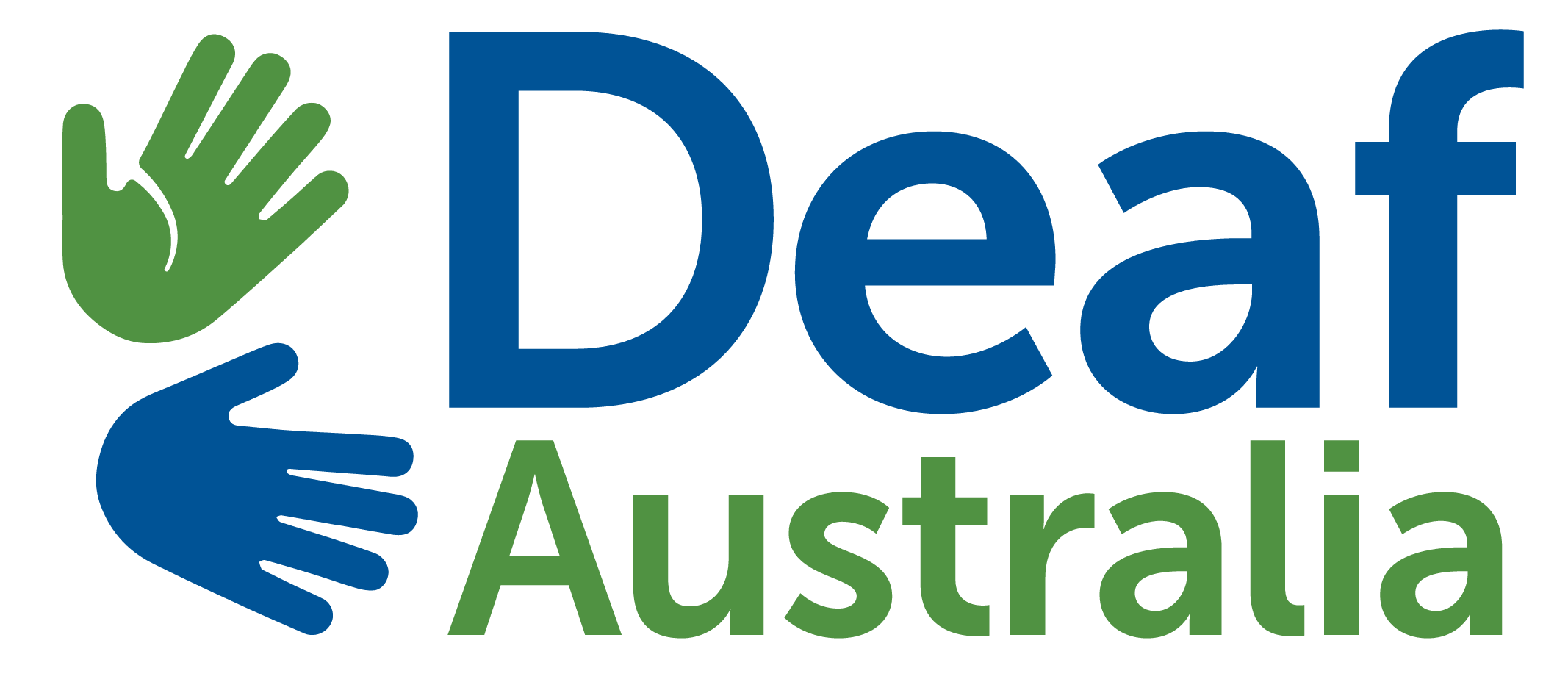No products in the cart.
NWDP 2016 – With Auslan, I am equal

Deaf Australia launched the National Week of Deaf People (NWDP) at the National Auslan Conference in Melbourne during the recent weekend, and there will be lots of activities organised by various organisations, clubs and individuals throughout the week.
The theme for the Week is: With Auslan, I am Equal.
The theme will be focusing on:
- Birth Rights: deaf children to access and acquire Auslan as their first language;
- Deaf Identity: deaf people are a cultural and linguistic minority who use Auslan as their primary or preferred language;
- Accessibility: deaf people need access to public information and services through Auslan;
- Equal Language: recognising Auslan as a language equal to spoken/ written languages;
- Equal Employment Opportunity: removing the barriers where hearing is a requirement and promoting greater inclusion and opportunities for deaf people to realise their goals;
- Bilingual Education: accepting the need for bilingual education for deaf children (Auslan and English), and for teachers and interpreters to be fully accessible;
- Equal Participation: deaf people to be able to fully participate in the personal, public and political along with everyone else; and
- Lifelong Learning: access to education, training and ongoing professional development is the key to gaining and retaining a job and being able to make a reasonable living.
Last week, the members of Deaf Australia have overwhelmingly endorsed a new Position Statement on the Requirements for Early Intervention for Deaf and Hard of Hearing Children in Australia. You can download it here.
Deaf Australia also launched the ‘Colin Allen Lecture’ which will be an annual award recognising individuals who promotes the right of deaf people in all walks of life, continuing Colin Allen’s legacy in politics, advocacy, community, international development, sports and/ or theatre.
The Australian Curriculum has submitted the National Auslan Curriculum for publication approval, which will include Auslan as one of the language curricula available for K to year 10. The National Auslan curriculum is expected to be in effect from 2017.
Australian Consumers Communication Actions Network (ACCAN) launched their Auslan Translation Standards and Production Guidelines for producing Auslan content videos at the recent National Auslan Conference.
However, our society still does not treat deaf people equally.
On 5 October 2016, the Australian High Court (Lyons v. Queensland) found that in its present interpretation of the Jury Act, the Queensland State did not discriminate against Ms. Lyons by refusing to provide Auslan interpreters to enable her to undertake her civic duty as a juror. The Jury Act needs to be changed.
As summer is quickly approaching, deaf people will need access to emergency announcements. For deaf people, the best way to get information is through Auslan. All emergency announcements need to be made accessible in Auslan nationally.
Significant numbers of deaf children around Australia do not have full access to Auslan in schools. Deaf children need full access to Auslan for their education.
These are some examples of things that need to change in order to realise deaf people’s capacity to be equal.
With Auslan, I am Equal.
FAQ’s about the WFDYS Junior Camp 2017
Please see this video with some answers to common questions about the 6th WFDYS Junior Camp, Victoria, Australia, 11 – 17 April 2017.
Please note: The deadline for registration is on 11 November 2016.
An open letter to the National Rugby League (NRL)
Deaf Australia would like to congratulate National Rugby League Ltd for including Auslan at the 2016 NRL Grand Final on 2 October 2016. It was very inspiring to see a deaf interpreter sign the national anthem in Auslan (Australian Sign Language).
High Court Sanctions Discrimination

Today, the High Court of Australia handed down its decision favoring the State of Queensland in discriminating against Ms Lyons.
Ms Lyons alleges that she has been discriminated against by the State of Queensland when it refused to provide her with an Auslan (Australian Sign Language) interpreter so that she can perform her civic duties as a juror.
Ms Lyons has unsuccessfully appealed against the Queensland Court of Appeal decision that there was no discrimination by the State of Queensland.
In a unanimous ruling the High Court states ‘that for a juror to deliberate with other jurors in isolation who requires the assistance of an interpreter is incapable to effectively performing the functions of the juror’.
Deaf Australia believes that this decision will have wider implications against deaf people who need to access Auslan interpreters to communicate articulately and be treated as equal citizens.
‘This is a smack in our face’, says Ms Lyons, ‘it is about the principle of justice and equality for every citizen of Australia and deaf people should not be treated any differently – and the High Court does not see that’.
‘This is an extremely poor outcome … deaf people have long sought equality in Australia’, said Todd Wright, Chairperson of Deaf Australia. ‘This decision may not only impact Queensland, but throughout Australia, bringing into question whether deaf people are treated as equal citizens in Australia’.
The United Nations’ Convention on the Rights of Persons with Disabilities, which the Australian government ratified in 2008, calls for the recognition of sign languages.
‘It is unfortunate that the High Court has failed to recognise the Convention’, said Kyle Miers, Chief Executive of Deaf Australia. ‘It is time for all states and territories, including the Commonwealth government, to take immediate action to amend their Anti- Discrimination Acts and to remove discrimination in all areas, and more importantly, recognising the right for deaf people to use Auslan’.


